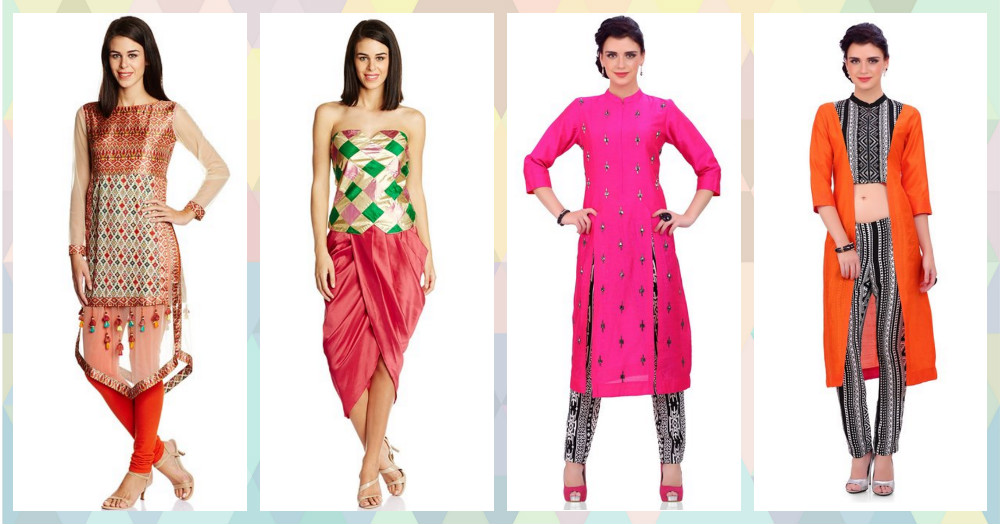The Intricacies of Fashion: Beyond Clothing and Trends
Fashion is an enigmatic phenomenon that transcends mere clothing; it embodies culture, identity, and creativity. From the runways of Paris to the streets of Tokyo, fashion permeates every aspect of human existence, shaping societies and reflecting individual expressions. Yet, defining fashion proves to be an elusive task, as its essence is multifaceted and ever-evolving.
At its core, fashion is the art of self-expression through clothing, accessories, and personal style. It encompasses not only the garments we wear but also the way we adorn ourselves, the colors we choose, and the messages we convey. Fashion serves as a visual language, communicating our values, beliefs, and aspirations to the world around us.

Throughout history, fashion has played a pivotal role in societal dynamics, serving as a marker of social status, cultural heritage, and economic prosperity. In ancient civilizations, elaborate garments adorned with precious jewels denoted royalty and nobility, while simple attire symbolized humility and servitude. Similarly, in modern times, designer labels and luxury brands serve as status symbols, signifying wealth and exclusivity.
However, fashion is not solely confined to the realm of the elite; it permeates all strata of society, manifesting in various forms and expressions. Street fashion, for instance, originated from grassroots movements and subcultures, challenging conventional norms and redefining mainstream trends. From punk to hip-hop, subcultures have exerted a profound influence on fashion, introducing innovative styles and challenging the status quo.
fashion is deeply intertwined with cultural identity
Moreover, fashion is deeply intertwined with cultural identity, reflecting the traditions, values, and heritage of diverse communities worldwide. Traditional attire, such as the kimono in Japan or the saree in India, not only serves as a sartorial choice but also embodies centuries of cultural heritage and craftsmanship. Through fashion, individuals reaffirm their connection to their roots and celebrate their cultural identity.
In addition to its cultural significance, fashion serves as a catalyst for creativity and innovation, pushing the boundaries of design and aesthetics. Fashion designers are akin to artists, channeling their imagination and vision into wearable masterpieces that captivate the senses and ignite the imagination. From avant-garde couture to ready-to-wear collections, fashion designers continuously reinvent and reinterpret style, creating trends that resonate with global audiences.
However, the allure of fashion extends beyond aesthetics; it also has profound psychological and emotional implications. The clothes we wear not only influence how others perceive us but also affect our self-perception and confidence. The right outfit can imbue us with a sense of empowerment and self-assurance, transforming us into the best version of ourselves. Fashion has the power to evoke emotions, evoke memories, and transport us to different eras and cultures.
Despite its myriad facets, fashion is often synonymous with fleeting trends and consumerism, characterized by rapid turnover and mass production. Fast fashion, fueled by globalization and consumer demand, has led to environmental degradation, exploitation of labor, and homogenization of style. The relentless pursuit of novelty and excess has resulted in a culture of disposability, where garments are discarded as quickly as they are acquired.
In response to these challenges, a growing movement towards sustainability and ethical fashion has emerged, advocating for conscious consumption and responsible production practices. From eco-friendly materials to fair labor practices, sustainable fashion seeks to minimize the environmental and social impact of the industry while promoting transparency and accountability.
Ultimately, fashion is a reflection of the human experience, capturing the zeitgeist of each era and encapsulating the aspirations and dreams of generations. It is a dynamic and ever-evolving art form that transcends boundaries and defies categorization. Whether on the catwalk or the sidewalk, fashion continues to inspire, provoke, and innovate, shaping our perceptions of beauty, identity, and self-expression.
In conclusion, fashion is more than just clothing; it is a cultural phenomenon that encompasses identity, creativity, and expression. From its origins in ancient civilizations to its modern-day manifestations, fashion has played a pivotal role in shaping societies and individual identities. While its allure may be fleeting, its impact is enduring, leaving an indelible mark on the collective consciousness of humanity. As we navigate the complexities of the modern world, let us embrace fashion not merely as a means of adornment but as a powerful form of self-expression and cultural exchange.



